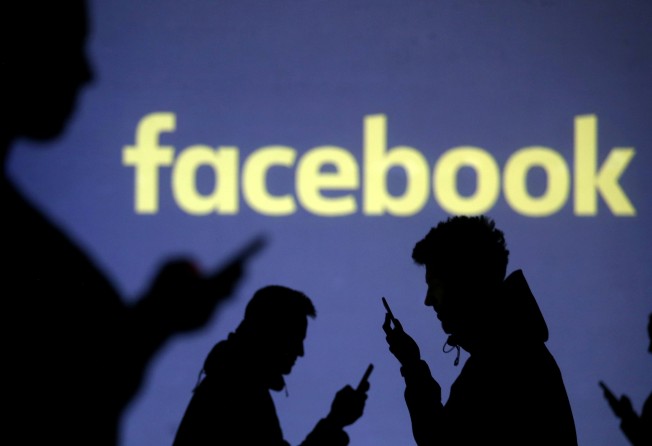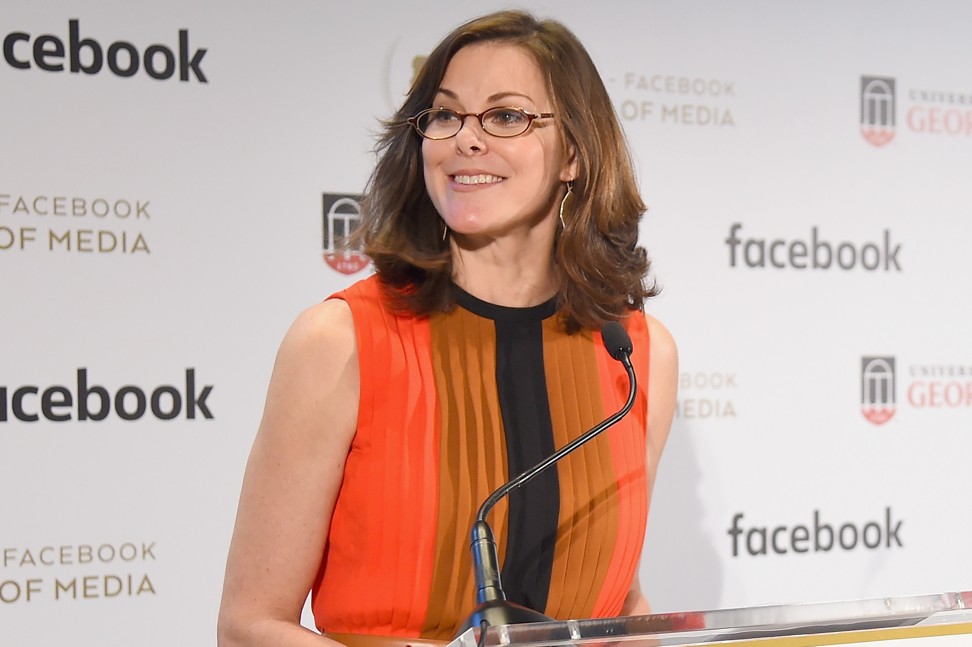Facebook to change political ad rules after blowback from media
Social media giant continues to take steps to combat manipulation of its platform in wake of fake news storms

A top Facebook executive has said the company will change its political advertising policy to distinguish between journalism content and political advocacy in the “coming days”.
Facebook’s head of global news partnerships, Campbell Brown, said in a blog post that the social-media giant will divide its political ads archive into two sections – one for ads promoting news stories about politics and one for ads promoting political candidates and issues.
The new strategy follows weeks of criticism from publishers who argued that Facebook’s decision to categorise promotion of their news articles as political content would serve to further confuse readers about what is fact and what is opinion.
The announcement is the latest step by the Menlo Park, California-based company to combat manipulation of its platform by bad actors, in the wake of revelations that Russian operatives spread misinformation on the site to influence the 2016 US presidential election.
Under Facebook’s new political transparency rules, which were launched last month, any ads with political content will be placed in an archive that includes the identities of who’s paying for the ads and the demographics of who’s seen the ads for up to seven years.
Advertisers must also go through a verification process establishing their location in the US and their identity.
Brown’s blog post, which she updated on Tuesday, includes photos depicting the archive’s two labels – “Promoted News” and “Ads With Political Content.”
For now, Facebook plans to put verified media advertisers who are members of the Local Media Consortium, the Local Media Association, the Local Independent Online News and the National Association of Broadcasters into the separate news section in the archive.
Ads bought by members of other trade groups including “all major national publications” will also be placed in the separate archive, said Facebook spokesman Adam Isserlis.
“Our ultimate goal is for the Promoted News section of the archive to reflect the broader set of news outlets running ads on Facebook that contain political content,” Isserlis said in a statement.
“We’re working closely with news partners to develop a more inclusive process for determining which pages belong in the Promoted News section, and we are looking forward to publicly sharing more details on that process later this summer,” he said.
The News Media Alliance, which has been one of the fiercest critics of the ad archive, didn’t immediately respond to a request for comment.

Facebook first alerted publishers to its plan to lump advertisements bought by media organisations with those bought by political candidates into the same archive last month.
Within hours of a Bloomberg News report on the initiative and the criticism from news organisations, Facebook said it would work with publishers to come up with a policy that distinguishes journalism from political advocacy.
News Media Alliance Chief Executive Officer David Chavern later offered an alternative plan that would exempt a “white list” of mainstream news organisations from the new requirement.
Facebook declined to take him up on the offer and Brown said in an email obtained by Bloomberg at the time that it would negotiate with publishers directly.
She later said in a statement to Bloomberg that creating a white list of exempted news publishers would “directly negate the new levels of transparency we’re trying to achieve”.
Chavern’s group then organised a coalition of seven trade groups representing media publishers and broadcast organisations in more than 120 countries to send a letter earlier this month to Facebook Chief Executive Officer Mark Zuckerberg, urging him to drop the policy.
The issue of political ads on social media also has caught the attention of Congress. US Senators Mark Warner, a Virginia Democrat, and Amy Klobuchar, a Minnesota Democrat, introduced the Honest Ads Act, which would subject online political ads to similar disclosure rules that now govern advertising content in other media such as TV and radio. The measure has the support of Facebook and Twitter Inc.